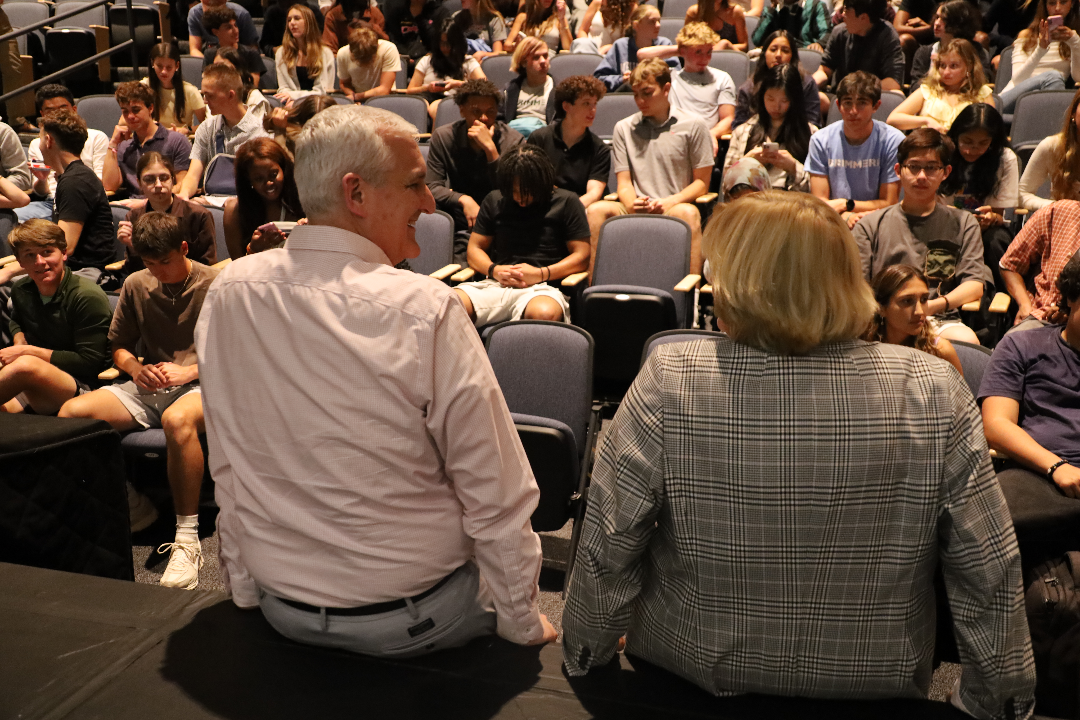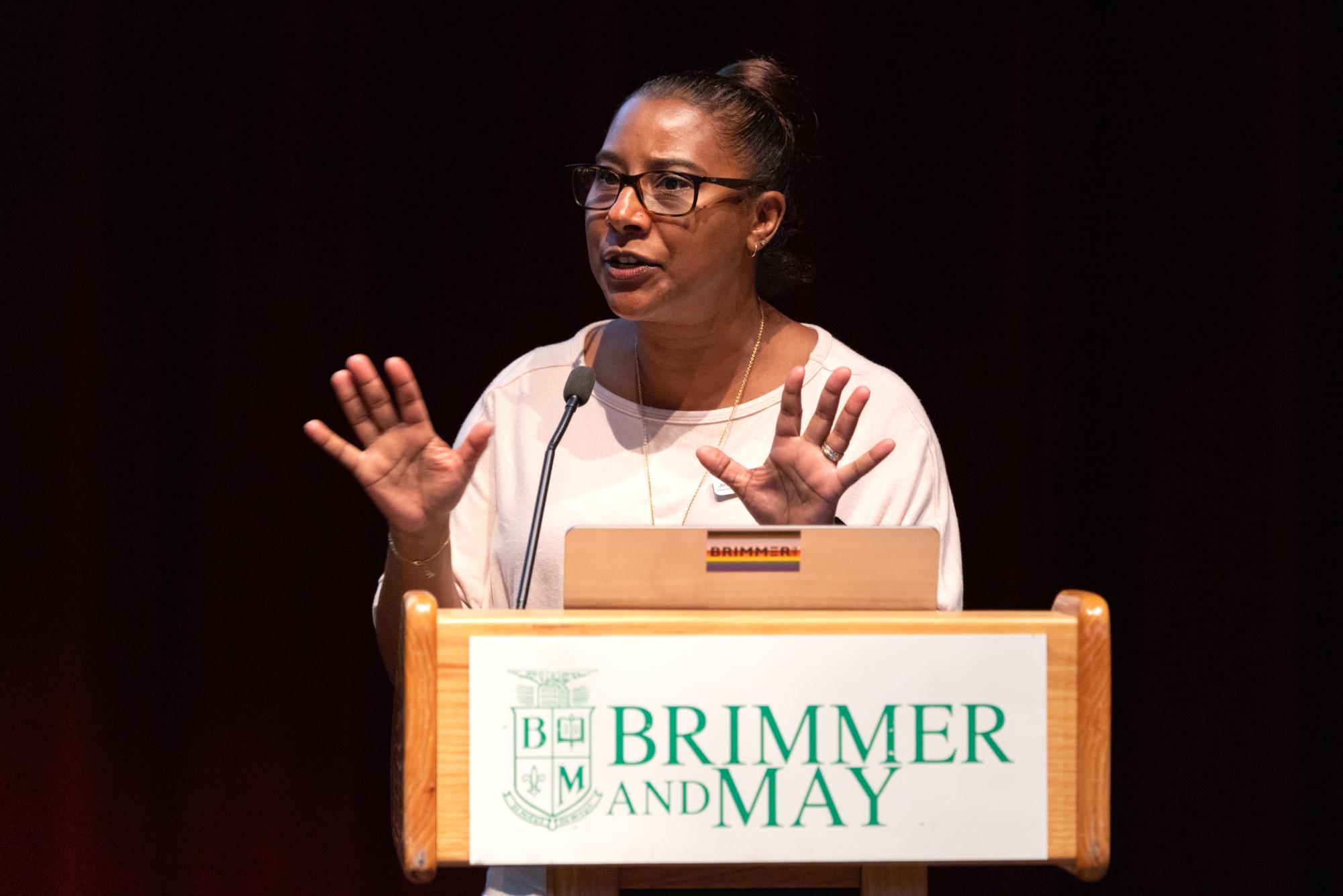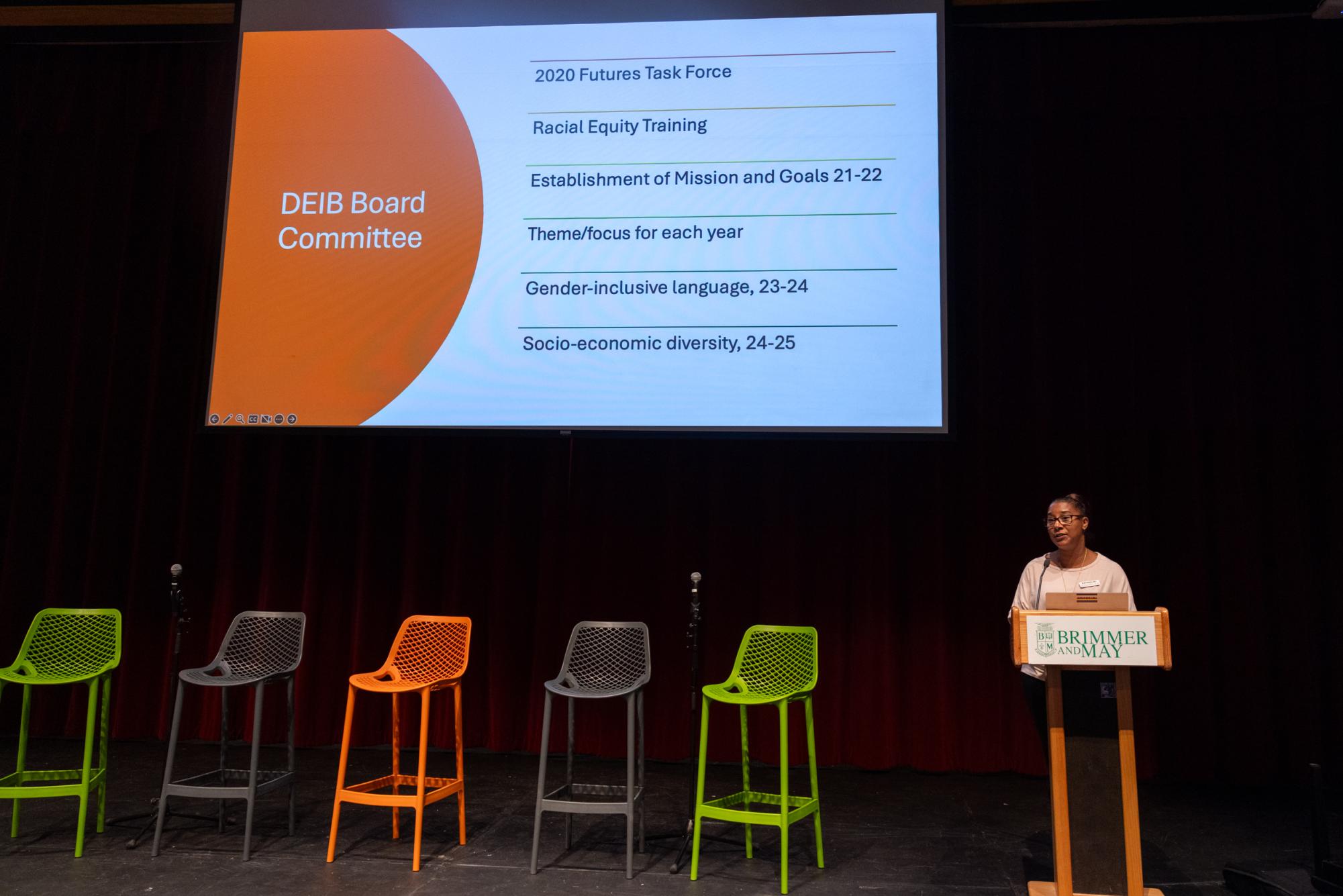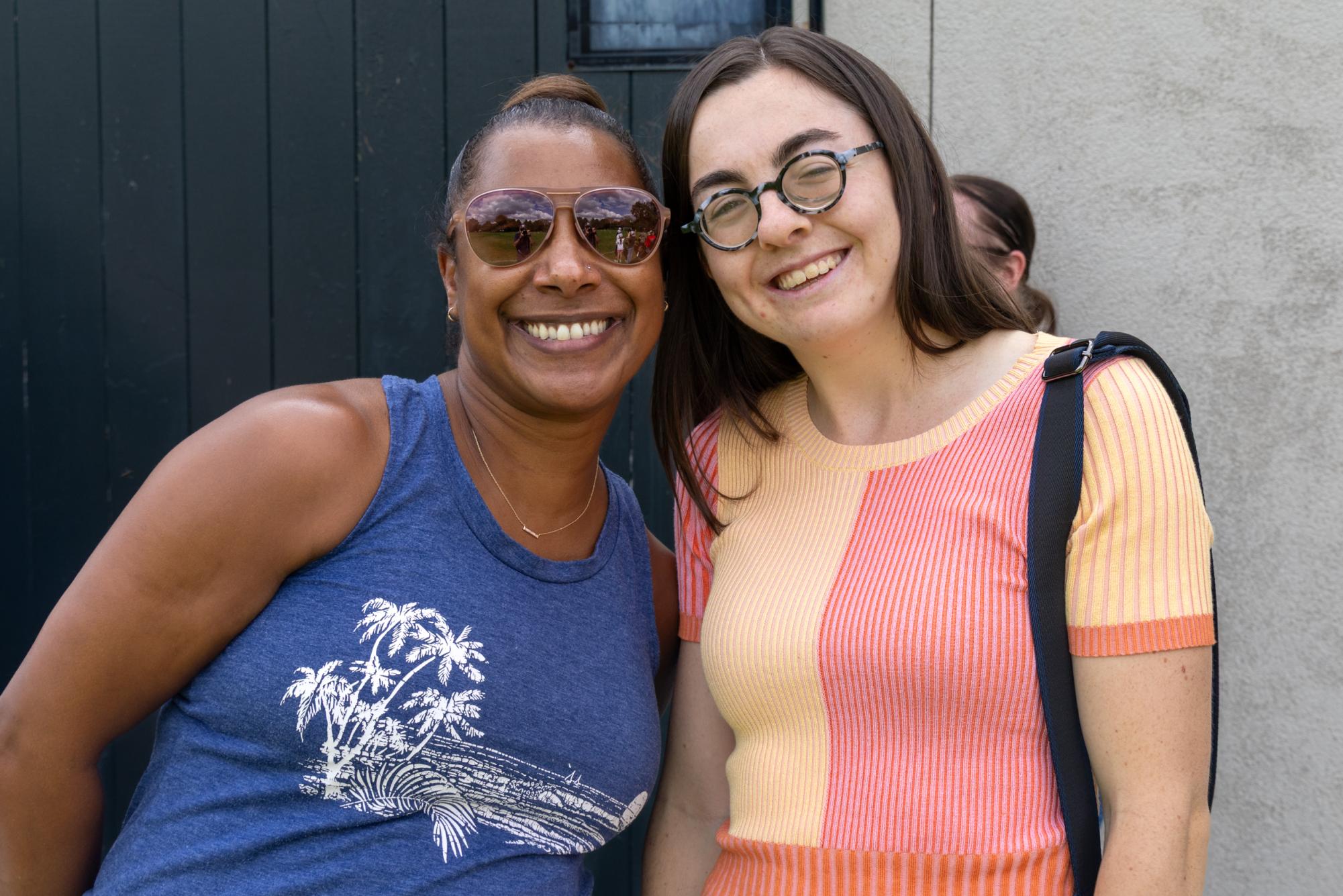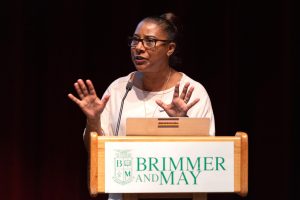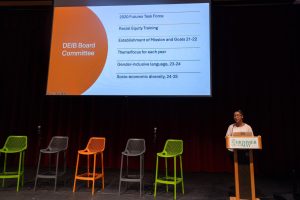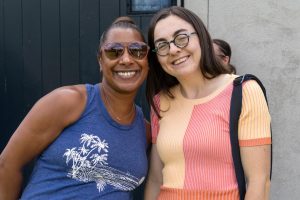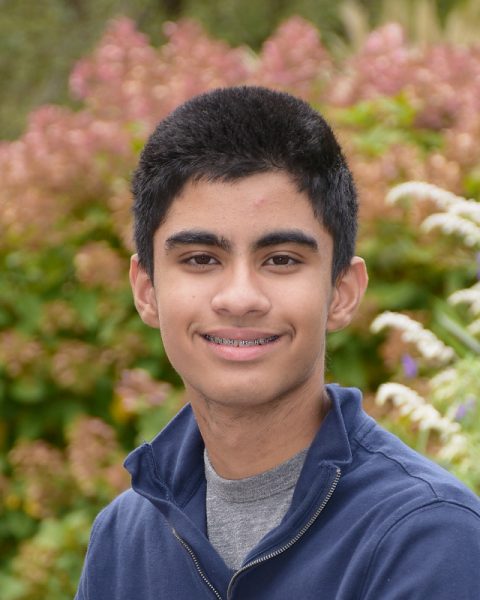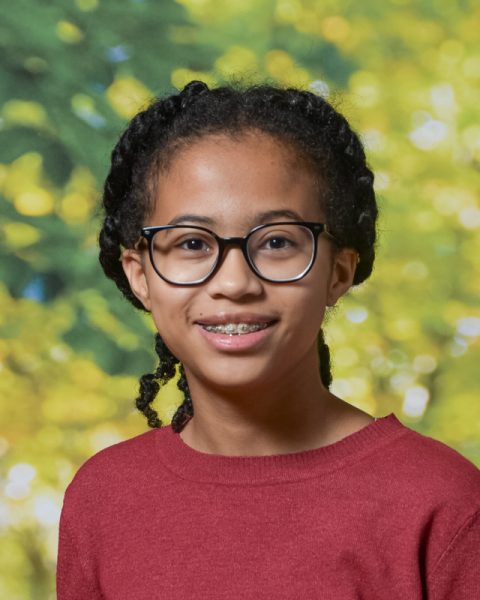|
Getting your Trinity Audio player ready...
|

Diversity, Equity, and Inclusion (DEI) programs, rooted in the Civil Rights movement and reinvigorated after George Floyd’s murder in 2020, are now under siege.
At the start of his second term, President Donald Trump signed a series of executive orders aimed at banning DEI programs and hiring practices in the Federal government. These orders also urged both public and private institutions to follow suit, referring to DEI as “illegal and immoral discrimination programs.”
Some states, including Texas, quickly acted by expanding their DEI ban to all K-12 public schools.
“We must always reject race-based favoritism or discrimination and allow people to advance based on talent and merit,” Texas Governor Greg Abbot said in a press release.
In June, Texas also passed a State Bill that would require the 10 Commandments to be displayed in public school classrooms, but the effort was blocked by a federal judge, who ruled that the bill “impermissibly takes sides” on religious doctrine.
From all of this, one thing is clear — efforts to dismantle DEI programs in our schools and public institutions are accelerating. Although these affronts may feel distant to us here, as students at an independent school in liberal-leaning Massachusetts, attacks on DEI are all too real beyond our tiny “Brimmer bubble.”
Our School remains firmly committed to DEI programs, a mission embraced by Director of Diversity, Equity, Inclusion, and Belonging (DEIB) Jessica Christian, who has led this work for 12 years.
During this time, she has guided students through sensitive conversations, expanded affinity groups, and worked to diversify the faculty. Christian describes her job as both humbling and rewarding, noting that it requires constant learning and understanding.
Her mission is to ensure that everyone feels included and accepted: “For anyone, the best outcome of DEI is that they feel they are no less important than any other person,” Christian said.
For more than a decade, the School has taken pride in offering space for affinity groups—communities of people linked by a common interest or purpose who meet to foster a greater sense of belonging. According to Christian, the first group was created around 2015, when Upper School students approached her about establishing a space for students of color.
“They said, ‘we would love to have some sort of space where we could talk about the things we have in common,” Christian said. “And I was like, ‘oh, you mean an affinity group.’”
Since then, the Upper School has established other affinity groups, including for Asian American, Jewish, and LGBTQ+ students, which meet weekly during lunch.
While many schools oppose these groups, mistakenly interpreting them as segregation, they are simply intended to provide a space where minority students can connect and discuss their culture.
“They are really meant to just affirm who you are,” Christian said, “and that’s it.”
For a long time, Christian said, private schools consisted almost exclusively of wealthy, white families. This was especially true in the 19th and early 20th centuries, when most independent schools catered to wealthy white families, often with explicit or implicit barriers that barred students of marginalized communities.
“There wasn’t really space for queer faculty, faculty of color, or faculty wearing hijabs, to come and feel like they were comfortable here,” Christian said.
A slow shift began after World War II and the Civil Rights Movement, which encouraged more schools to confront exclusionary practices. By the 1970s and 1980s, independent schools increasingly emphasized diversity—partly in response to social pressures, but also out of recognition that their survival depended on it in the increasingly diverse nation. Today, however, there is still much work to be done.
For Christian, this also means working with the School to diversify its faculty to better support minority students.
“Just expanding the applicant pool of people who want to work here is important,” Christian said.
This is true for me. While I rarely think about my race or ethnicity in daily life, I have sometimes felt like an outsider when all my teachers looked the same. Having teachers with diverse backgrounds, appearances, and experiences has helped me feel more welcome, and from what I can tell, it has done the same for many other students.
“I never want to speak for all,” Christian said. “But when you have a teacher who you can identify with, it can have a big impact on you.”
Christian also shared her opinions on the nationwide criticism surrounding DEI initiatives. Most of the pushback, she said, is based on the damaging idea that the programs put minorities on a pedestal by giving them an unfair advantage over white students in the admissions process.
It is a dangerous and illegitimate misconception that students admitted with the help of DEI practices are less qualified than other students. In reality, DEI is meant to expand the applicant pool, rather than admit students just because of their identity.
DEI is also not limited to just being about race, gender, or sexual orientation either. As Megan Cerullo of CBS News puts it, “A policy that accommodates working parents, such as flexible work hours, could qualify as DEI.”
The school has utilized its DEIB program to hire people because of other unique experiences beyond the scope of race religion. For example, Ken Levine, who teaches law courses in the Upper School, is a retired lawyer who has presented cases before the Supreme Court. Additionally, Math and Engineering teacher Leonard Wholey is an Air Force Veteran. These two teachers, both white males, show how DEI also factors in an individual’s unique experiences.
DEI programs aren’t “discrimination programs,” despite President Trump’s label. They don’t offer shortcuts. Instead, they widen the applicant pool so overlooked talent gets a fair shot. Done well, DEI advances equity and strengthens institutions—as it does here, at our School.
Ignoring opportunity imbalances benefits no one. Instead, consider how DEI has helped underprivileged individuals compete on a more level playing field. It’s important to view this issue broadly, recognizing how DEI has broken down historical barriers.
Whatever the headlines say, DEI matters here, where everybody should be seen, supported, and set up to thrive.




